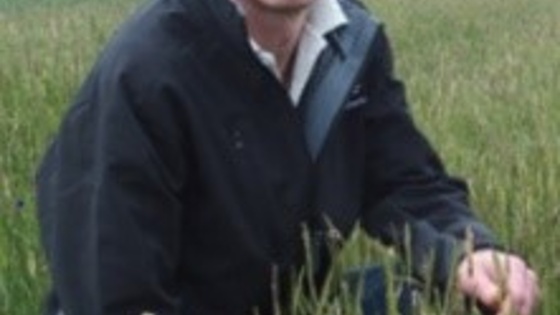Chemical control - Control of Common poppy
Good control can be achieved in cereals by using any of a range of different herbicides (non-ALS herbicides should be used where resistance has been confirmed to this chemical mode of action).
Products that contain picolinafen and/or pendimethalin give very good control when applied pre or very early post-emergence of the weed.
Early control is preferable in order to allow crops to establish better and suffer less from competition. If sprays are delayed until the crop and weed are established then control of larger weed plants becomes more difficult and the crops will have already have suffered some yield loss as a result of the weed competition.
Picolinafen and pendimethalin have different non-ALS modes of action and so will control ALS-resistant populations of Poppy as well as preventing the build up of this type of resistance in the future.
Picolinafen controls a wide range of broad-leaved weeds. It primarily enters weeds through their shoots which means it provides good contact activity. However, picolinafen can also can be taken into weeds via their roots and so it can provide useful pre-emergence activity.
Pendimethalin controls a wide range of both grass and broad-leaved weeds and it is recognised as being the best active ingredient to control Poppies in cereal crops. It mainly enters weeds via their roots which means that it works best when applied before the weeds emerge. Pendimethalin also has strong residual activity which gives the benefit of effective control of later germinating weeds.

Chemical Control
Introducing Our Experts
Stuart Kevis
Stuart studied agriculture at Writtle College and became involved in arable R&D with an industrial placement with Cyanamid. He then joined Nickerson’s (now Limagrain) as part of the wheat breeding team that brought varieties like Claire to the UK market.
Stuart has been with BASF for over 16 years. He started in the Development team responsible for conducting field trials across a range of crops and indications which has given him a broad experience of cropping in the UK as well as specialising in cereal herbicide trials and products.
Stuart has just returned to the UK business after a 4-year delegation to the company's European headquarters in Limburgerhof, Germany. Here Stuart was the European Technical Manager for Cereal Herbicides, so was responsible for the technical project management aspects of BASF’s cereal herbicide portfolio across Europe. This has given him a unique insight into the complete process of pipeline development of compounds through to life cycle management.
Now back in the UK business, Stuart’s role is a Business Development Manager where he is part of a team responsible for the company's interface with UK distribution, to pursue new business ideas and to work actively with UK research organisations in bringing scientific knowledge to practical recommendations for growers.

Iain Ford
"Having come from a farming background and spending almost 10 years working ‘on-farm’ as an agronomist, I have had a good grounding in UK agriculture. Since 2002 I have worked for BASF within the arena of technical development and advice.
Latterly, this has been in the role of Business Development Manager with technical responsibility for cereal herbicides. This role involves being part of the team responsible for the company's interface with UK distribution, to pursue new business ideas and to work actively with UK research organisations and independent influencers to develop both new and existing products across the portfolio in bringing scientific knowledge to practical recommendations for growers."

